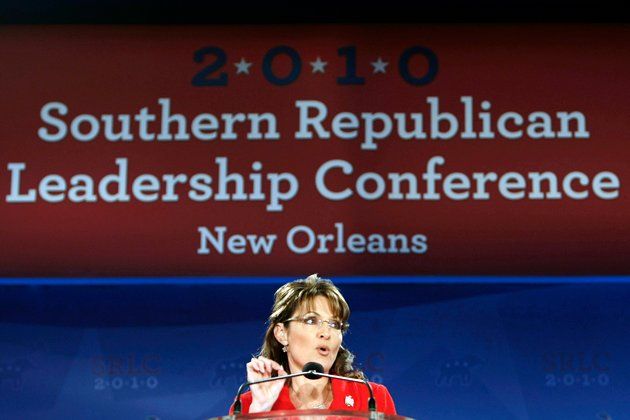
All the old warhorses from the Clinton era took their seats: labor organizer and consigliere Harold Ickes, political adviser and professional kibitzer Paul Begala, and former press secretary Dee Dee Myers, the first woman granted the White House podium. Appearing on a panel Friday in Washington convened by the Democratic Governors Association, they had come to assure party stalwarts that all is not lost, that 2010 is not 1994, when Republicans who had been out of power for 40 years in the House could paint themselves as something new and different, instead of what they turned out to be—more of the same, except worse.
The anger in the country today is not as personal as it was then, with Bill Clinton's character under attack. People still like President Obama; they're not sure about his policies. The heightened role for government in the economy and health care has triggered mass psychosis among voters, and Obama has been late responding to the alarm, as is his custom—belatedly offering a variety of GOP-friendly proposals that get labeled too little, too late, by friend and foe. Unlike '94, there is no clamor for Republican governance, prompting the panel's moderator to note that the GOP is divided, that the brand is as unpopular as ever, and that polls show voters blame Republicans more than Obama for their economic woes. "How are we losing to these guys?" he asked.
The answer is simple. The upcoming election has nothing to do with the Republicans. They're the beneficiaries of a completely unearned gift, and if they behave true to form, they'll squander it. They're like someone who's won the lottery. They're getting a windfall, but they haven't put forth any serious ideas about legislating, or governing. And why should they? The election is not about them.
Obama's policies brought the economy from the brink of collapse, but weren't bold enough to restore economic well-being. The lack of faith in the economy is playing out as lack of faith in elected officials, and Democrats will bear the brunt. People are out of work, minorities have been hit especially hard, and Obama has not been able to rally the Democratic base, much less inspire the new voters he brought into the process in 2008.
They're just not passionate about him anymore. His coolness under fire, so much admired on the campaign trail, seems more like diffidence, or denial, in the face of so much bad news. Obama is a real solo flier. He's not leading a movement, and all that energy we saw in 2008 has dissipated, the casualty of too-high expectations bumping up against the harsh reality of entrenched partisan politics.
Obama should have seen earlier on that the economic hard times would force him to defer parts of his agenda, and put job creation out front. He did as much as he could, and health-care reform will stand as a major achievement impervious to GOP calls for repeal. Yet Democrats are angry at him for jeopardizing their majorities even as he is more closely aligned with his party's congressional leaders than either of his Democratic predecessors, Clinton and Jimmy Carter.
Carter alienated Congress beginning on Inauguration Day, when House Speaker Tip O'Neill was relegated to a back-bench seat. Clinton raised Democrats' ire with a first-year budget tax increase, anti-labor votes on NAFTA and GATT, and of course a big health-care bill that Hillary dropped on Capitol Hill. Gun control and gays in the military completed the tableau, costing the Democrats the House and Senate.
In the 50-odd days left until the midterm elections, Obama is trying to make up for lost time. Kicking off his side of the fall campaign with a speech in Cleveland this week, Obama said "middle class" 11 times, making a welcome pivot, as Begala put it, from "give me a gold star for my accomplishments to spotlighting the crazy people who want to run the country." Obama got specific, referring several times to "Mr. Boehner."
I'd like to believe that once the voters know more about John Boehner, the House speaker-in-waiting, they will recognize that elevating him is like buying fire insurance from the guy who lit your house aflame. He's part of the crowd that spent money and ran up the deficit, and now he's hawking fiscal sanity. He still smokes cigarettes, and in 1995, after the Republicans took over, he was videotaped passing out checks from the tobacco industry on the House floor while members were considering an end to tobacco subsidies. Judging by his complexion, he spends a lot of time in a tanning bed. Maybe he hasn't heard of skin cancer, or he thinks that's another myth, like global warming.
The prospect of Boehner leading a newly energized conservative party isn't back to the future, it's just plain back.
Uncommon Knowledge
Newsweek is committed to challenging conventional wisdom and finding connections in the search for common ground.
Newsweek is committed to challenging conventional wisdom and finding connections in the search for common ground.





